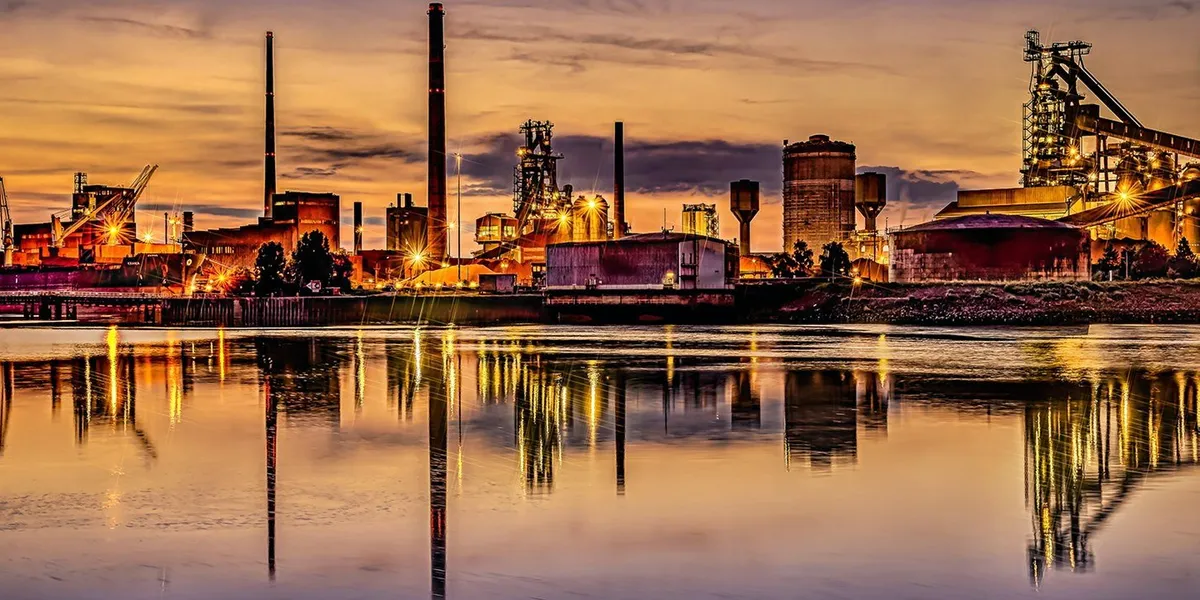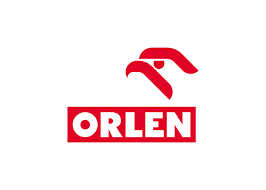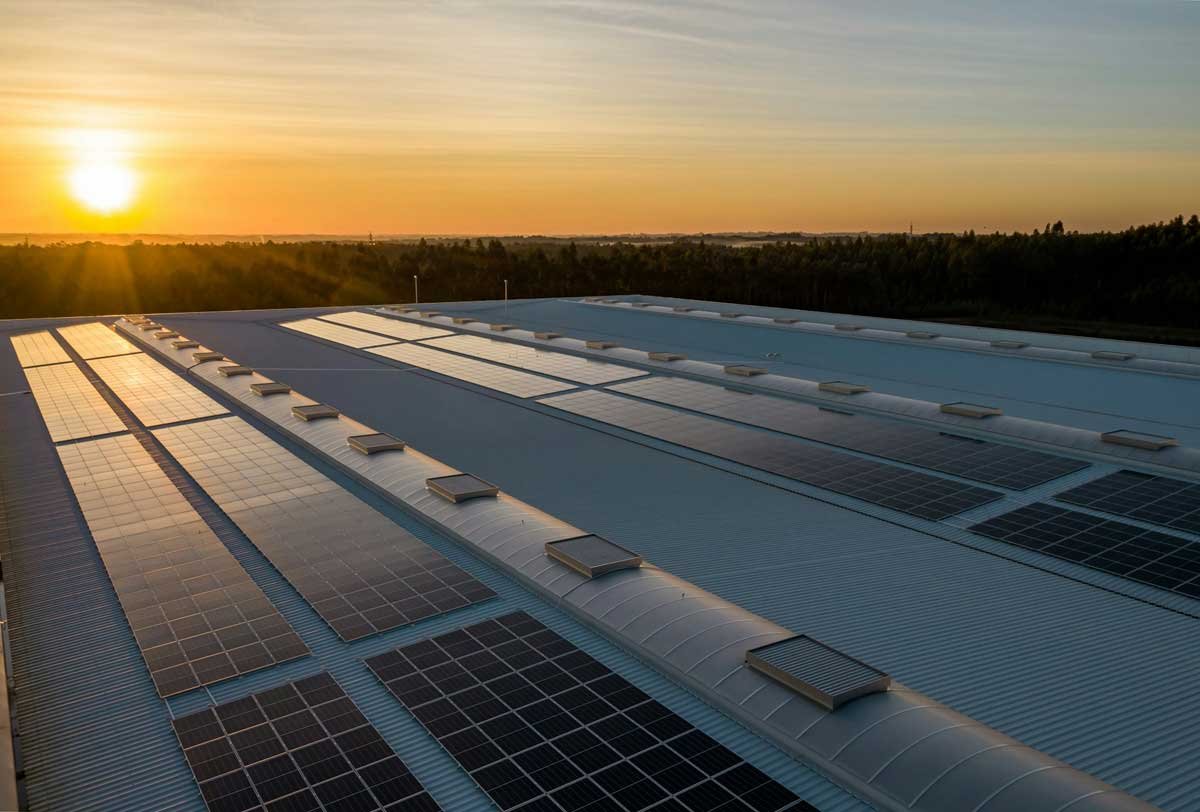ArcelorMittal has decided to cancel two planned steel production projects in Germany that were set to utilize green hydrogen technology. Despite securing €1.3 billion in subsidies from the German government to support these initiatives, the company cited an insufficient business case for proceeding with the transformation.
The projects aimed to shift steel manufacturing towards greener methods, using hydrogen produced from renewable sources instead of traditional fossil fuels. This transition aligns with global efforts to reduce carbon emissions in heavy industries, which are significant contributors to climate change. However, ArcelorMittal’s decision highlights the financial challenges that remain in the renewable energy sector, particularly in industries reliant on large-scale production processes.
In a statement, ArcelorMittal expressed that even with substantial financial backing, the economic viability of implementing green hydrogen in their steel production operations did not meet the necessary thresholds. This cancellation reflects broader concerns within the industry regarding the high costs and technical hurdles associated with adopting new green technologies.
Germany has been at the forefront of green hydrogen initiatives, aiming to establish itself as a leader in sustainable industrial practices. However, the withdrawal of ArcelorMittal from these projects raises questions about the future of such initiatives, particularly when substantial public funds are involved.
The steel industry is under increasing pressure to decarbonize, with many companies exploring alternative methods to reduce their carbon footprints. While ArcelorMittal’s cancellation may be a setback, it also underscores the need for further innovation and support in developing economically viable solutions for green steel production.
As the landscape of renewable energy continues to evolve, the focus will need to remain on creating stable, practical business models that can support the transition to greener alternatives.




